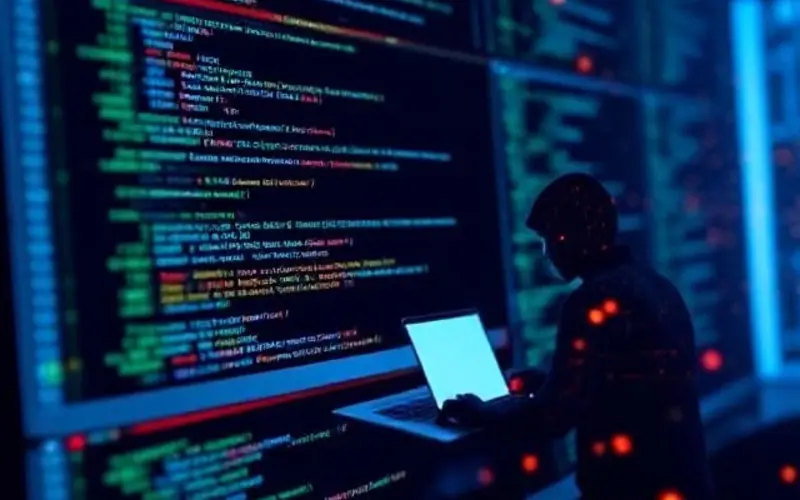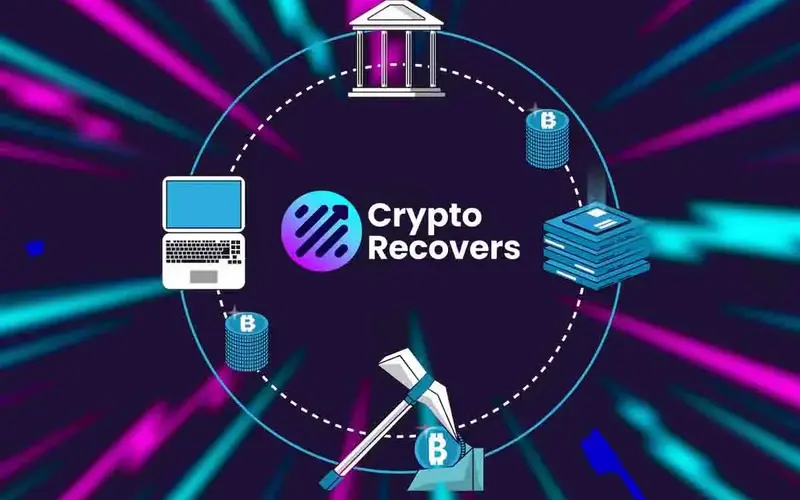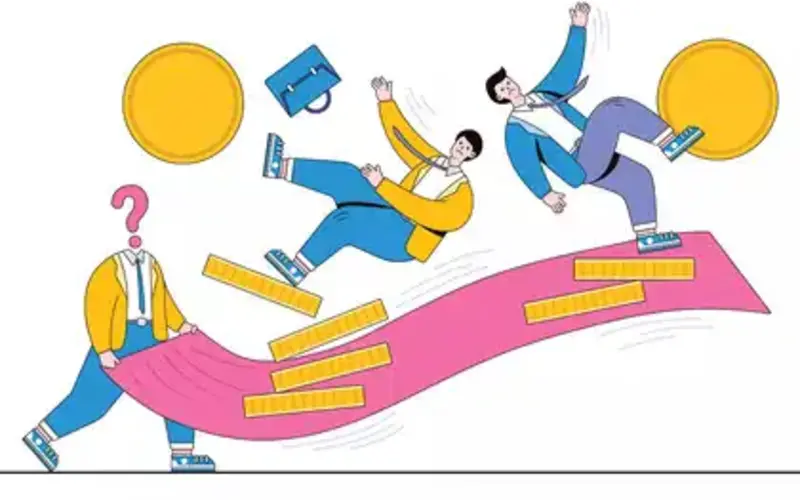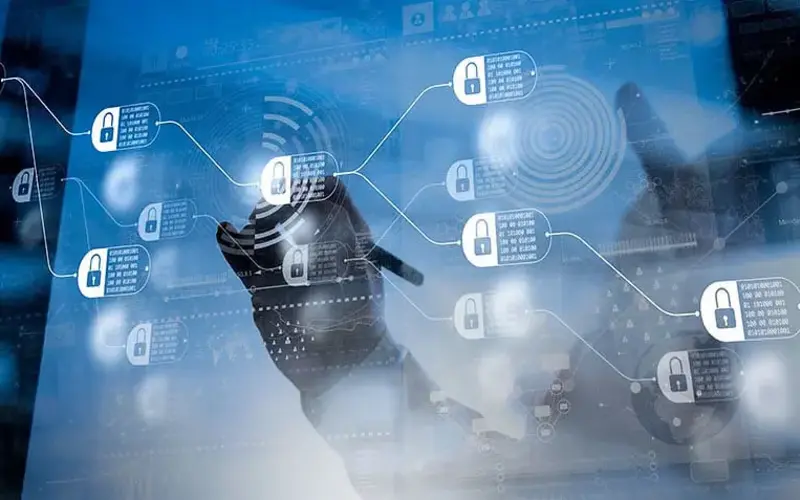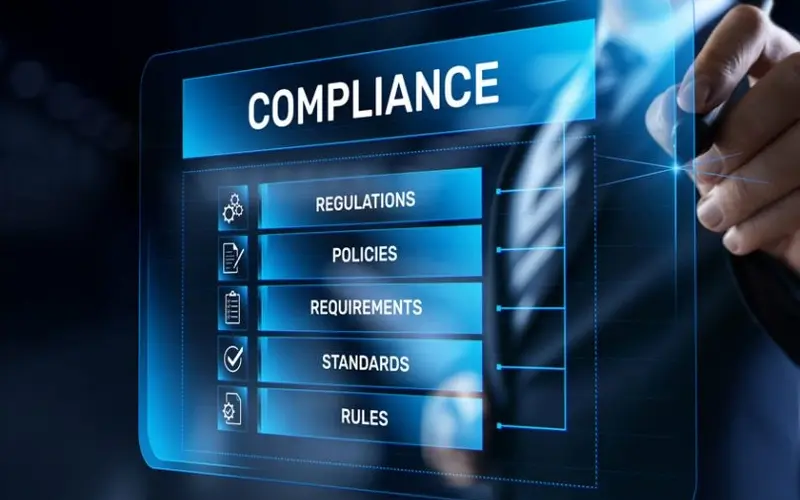The unique characteristics of blockchain—decentralization, immutability, and borderless nature—create a number of novel legal challenges related to ownership, jurisdiction, and liability. Existing legal frameworks, which were designed for a world of centralized institutions and physical boundaries, are struggling to adapt to this new paradigm. 1. Ownership and Property Rights […]
Securing blockchain assets is a shared responsibility. While the underlying cryptographic security of the blockchain protocol is robust, the user remains the weakest link. By adopting a few key cybersecurity best practices, individuals can dramatically reduce their risk of falling victim to hacks and scams. 1. Secure Your Private Keys […]
Smart contracts are the cornerstone of the decentralized economy, but they also represent its most significant security vulnerability. Unlike traditional software, which can be easily patched or updated, smart contracts on an immutable blockchain cannot be changed once they are deployed. This “code is law” principle means that any bug […]
Recovering lost blockchain assets can be a challenging process, as the decentralized and irreversible nature of the technology means there is no central authority to call for help. The actions you take immediately after realizing your assets are lost or stolen are critical and will determine your chances of recovery. […]
Blockchain forensics is the specialized field of analyzing and investigating transactions on a blockchain to identify, trace, and prevent illicit activities. While a blockchain is often described as anonymous, it is more accurately described as pseudonymous. Every transaction is permanently and publicly recorded on an immutable ledger, creating a digital […]
Front-running is a type of attack where a malicious actor takes advantage of the transparent nature of public blockchains to gain an unfair advantage in a transaction. This practice, while known in traditional financial markets, is particularly prevalent and even systemic in blockchain due to the public and visible nature […]
A rug pull is a malicious maneuver in which developers of a cryptocurrency project suddenly abandon it and run off with the investor funds. The name comes from the idea of “pulling the rug out from under” investors, leaving them with worthless tokens. This scam is especially common in decentralized […]
The inherent security of blockchain technology—its cryptography and consensus mechanisms—is incredibly robust. However, this technical strength often creates a false sense of security for users, as the most common and damaging security breaches are not protocol-level hacks but rather exploits of the human element. User error and social engineering are […]
Regulatory compliance is one of the most significant hurdles for mainstream blockchain adoption, particularly in the areas of anti-money laundering (AML) and know your customer (KYC). While the technology’s decentralized and pseudonymous nature has made it attractive to bad actors, regulators worldwide are pushing for greater transparency and accountability, putting […]
Decentralized Autonomous Organizations (DAOs) are a core pillar of the Web3 vision, offering a new model for collective decision-making and resource management without a central authority. However, in practice, DAOs face a number of significant governance challenges that can hinder their effectiveness, security, and true decentralization. 1. The Problem of […]
